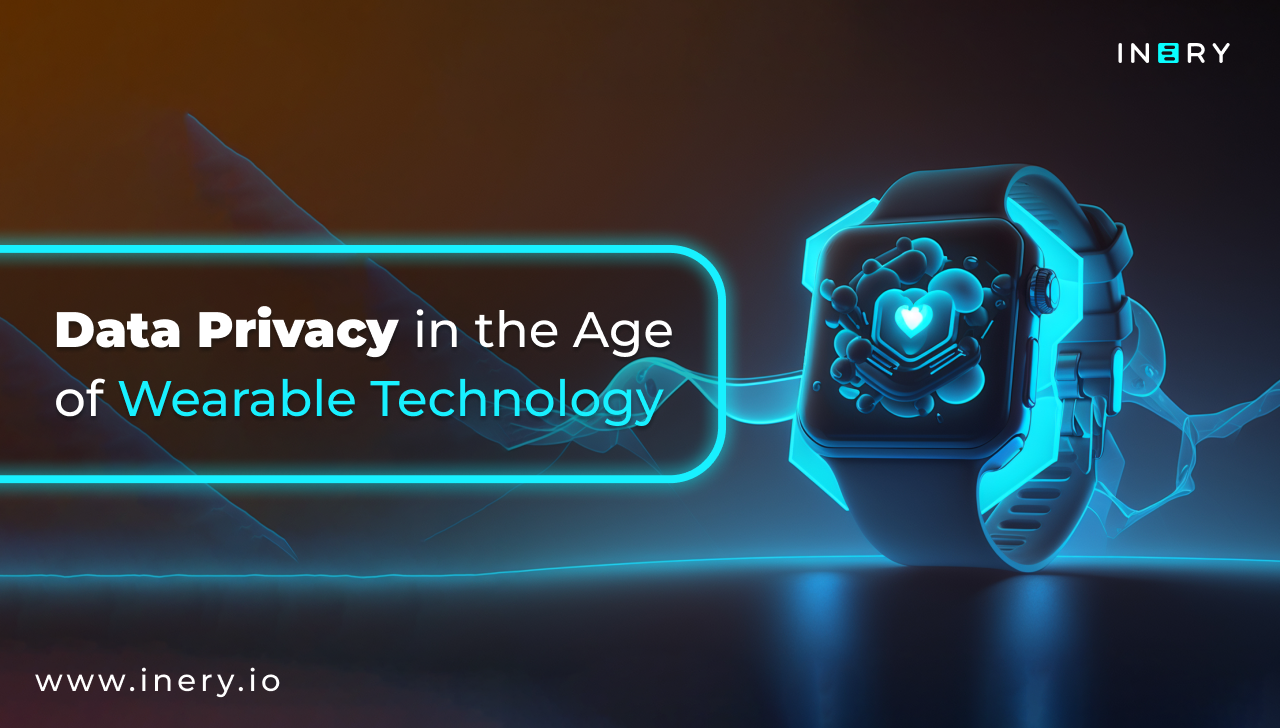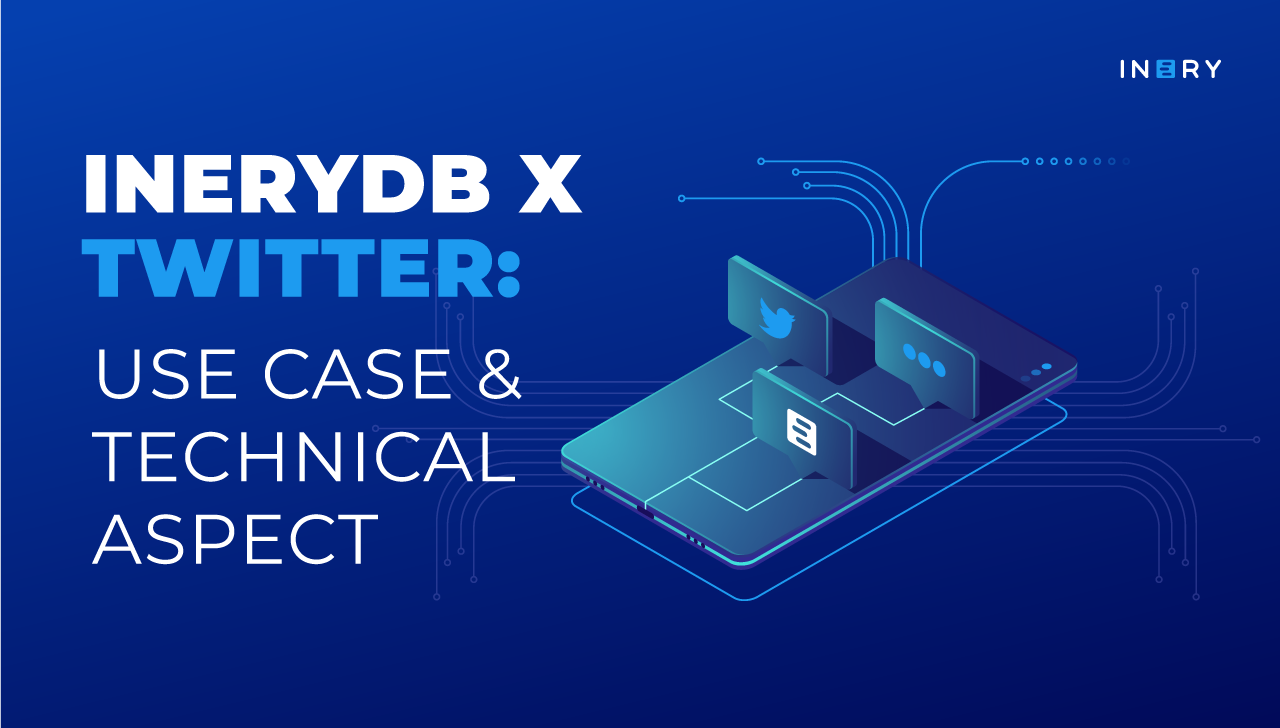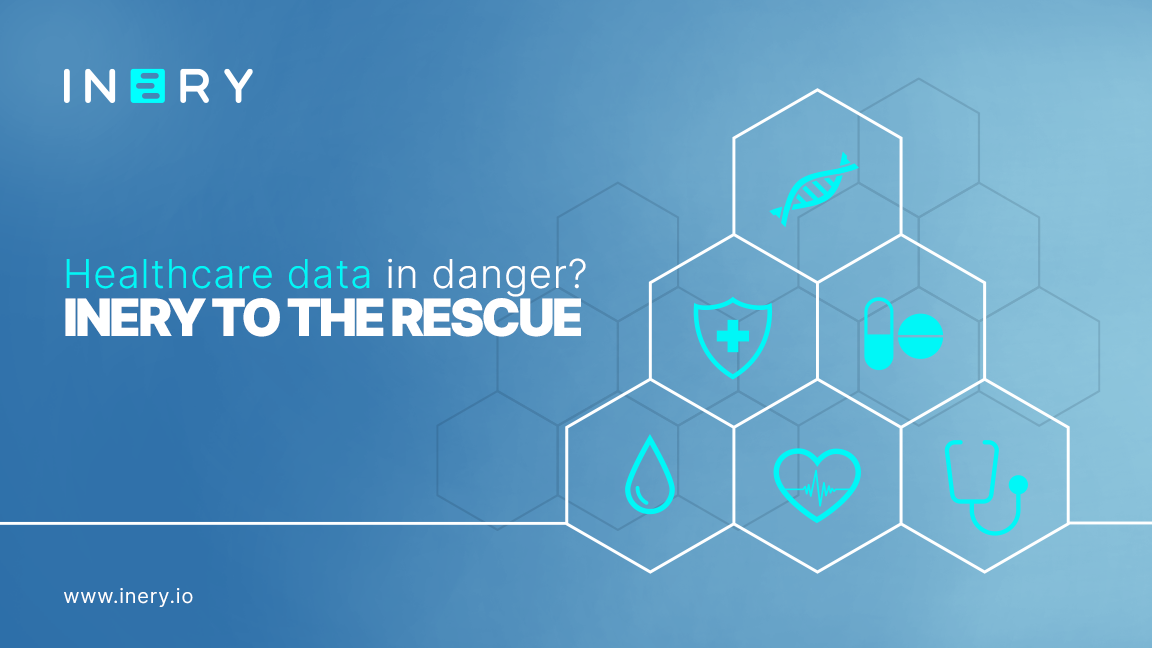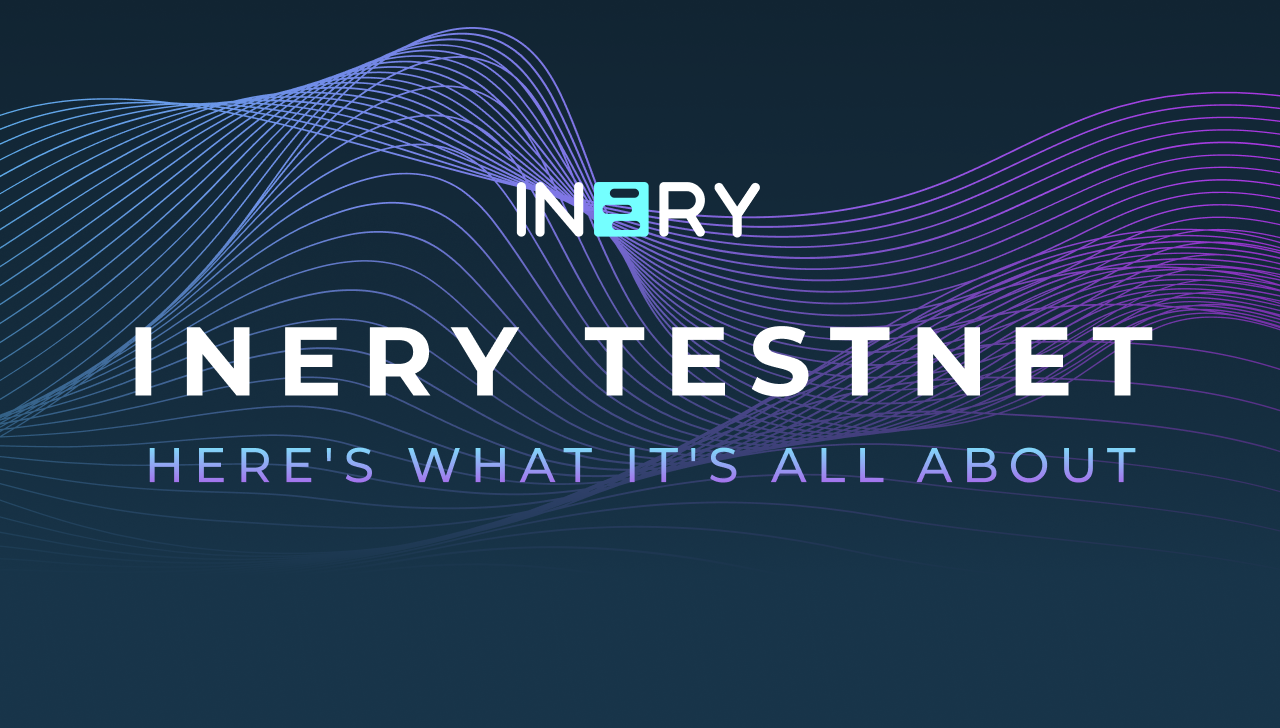The number of data breaches has significantly increased over the past few years, with the healthcare sector being the top attack vector for threat actors. Recent reports reveal that healthcare providers constitute 73% of the total breaches, while business associates and health plans represent 15% and 12%, respectively. Hacks and Electronic Medical Record-related security breaches seemingly cost healthcare organizations a record total of $10.1 million, where the organizations are forced to pay ransom demands to threat actors.
Causes For These Problems
Healthcare records are stored on centralized data systems, which exposes them to a single point of failure. Threat actors can basically access an entire healthcare provider’s medical records or systems by accessing a single file or using an employee’s details. The existing structure makes healthcare data an easy target for attackers who know their value.
But that isn’t all.
A lack of transparency and integrity in the centralized databases gives the tech giants a leeway to leverage our personal medical data for their own gains, without a patient’s permission. This is what a system working against the people who give it value looks like.
Threat actors and big tech know the extreme importance of healthcare data and have moved to leverage the immature infrastructure that handles it. With a multibillion-dollar market created around healthcare data, our medical data storage and management should no longer be the most exposed form of data.
This is why a decentralized data system is needed - to keep everyone in check.
How Inery Solves Healthcare Sector Problems
Data plays a vital role in the healthcare sector. How it is handled determines whether it saves or costs a life.
Putting the patients first to allow value creation and deduct inefficiencies in their infrastructures should be a top priority for healthcare organizations. And Inery is here to help them do that.
Interoperability and transparency across all healthcare stakeholders
Inery’s decentralized data system, IneryDB, employs blockchain features like transparency and immutability.
Healthcare vendors can use Inery’s interoperability capability to share data across different stakeholders and verticals in the industry.
This feature enables value-creation for medical data sharing in a secure, transparent, and decentralized way. Inery is also curated to handle the big data streaming into the sector, giving healthcare providers the capacity to scale up and still meet patients’ needs.
Patient data can be exchanged across different healthcare verticals, including institutions, laboratories, researchers, and clinics, without the risks of exposing your data to any misuse.
Sovereignty over medical data
Inery eliminates third-party control by offering patients unique cryptographic private keys. Only users with the corresponding private keys can access the data.
This offers patients sovereignty over their medical data. Different verticals and stakeholders, including insurance firms, doctors, medical research centres and laboratories, etc., can only access a patient’s information with the patient’s permission. The patient grants access by approving the transaction via his/her private keys. They also determine how the data will be used and get compensated for its use.
Hence, patients receive the equivalent value for the use of their data.
No counterfeit drugs
The World Health Organisation estimates that up to 1% of medicines available in the developed world are likely to be counterfeit. This figure rises to 10% globally, although in some developing countries it is 50%. The use of substandard drugs may result in adverse side effects, treatment failure, resistance, toxicity, and even death.
The data system ensures that data stored on the blockchain is tamper-proof, that is, once data is stored on the blockchain, it cannot be deleted or modified. This ensures easy monitoring and tracing of drugs to evade any counterfeit activities. It also offers transparency as it allows stakeholders to easily track a patient’s medical history.
Healthcare data security
Since the current trend of preserving healthcare data in centralized systems, the risks of a single point of failure still loom over the industry. And so privacy and security are major concerns for present-day healthcare data management systems.
Since Inery distributes data to multiple servers or master nodes, patient data recorded on a single node reflects on the other nodes. This gives healthcare records optimum security while offering a single source of truth to all stakeholders from multiple servers.
Bottom line
In a nutshell, Inery brings an apparent solution that has been long ignored, yet vital, in the healthcare sector. Its overall model is curated to ensure value-creation, patient data interoperability across different healthcare verticals, data integrity, and drug monitoring.
In the end, Inery opens up a new paradigm for the healthcare sector to grow and thrive, without worrying about security.
Website | Twitter | Telegram | Telegram Ann | LinkedIn | Discord | Reddit | Instagram

Inery•
3 weeks ago
Data Privacy in the Age of Wearable Technology
Wearable technology brings convenience and connectivity, but also privacy risks. Discover how Inery addresses these challenges with innovative blockchain technology. ...READ MORE

Share

Inery•
4 months ago
Inery Tehnical Roadmap 2024
Discover Inery's 2024 Technical Roadmap, a testament to our dedication in revolutionizing blockchain technology. Explore milestones from refining Inery Blockchain V-2.0.0 to enhancing IneryQL and GUI, shaping the future of Web3 with groundbreaking advance ...READ MORE

Share

Inery•
1 year ago
Inery’s Roadmap Update: What The Future Holds For Inery
It's time for a roadmap update! Our team has been working hard, and we’re excited to announce Inery's latest progress and plans for the upcoming year. ...READ MORE
-1674646602.png)
Share

Inery•
1 year ago
IneryDB and Twitter: Use Case & Technical Aspect
Here, we will explore the use case and technical aspects of using IneryDB with Twitter and how this integration could revolutionize the way we view and interact with social media. ...READ MORE

Share
Most popular today



-1697699665.png)